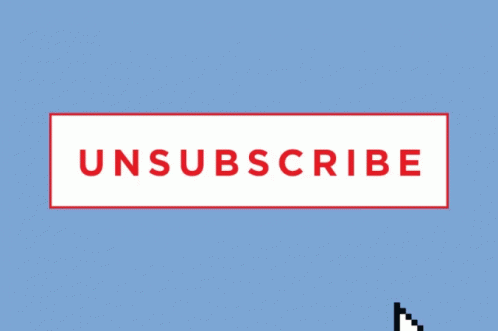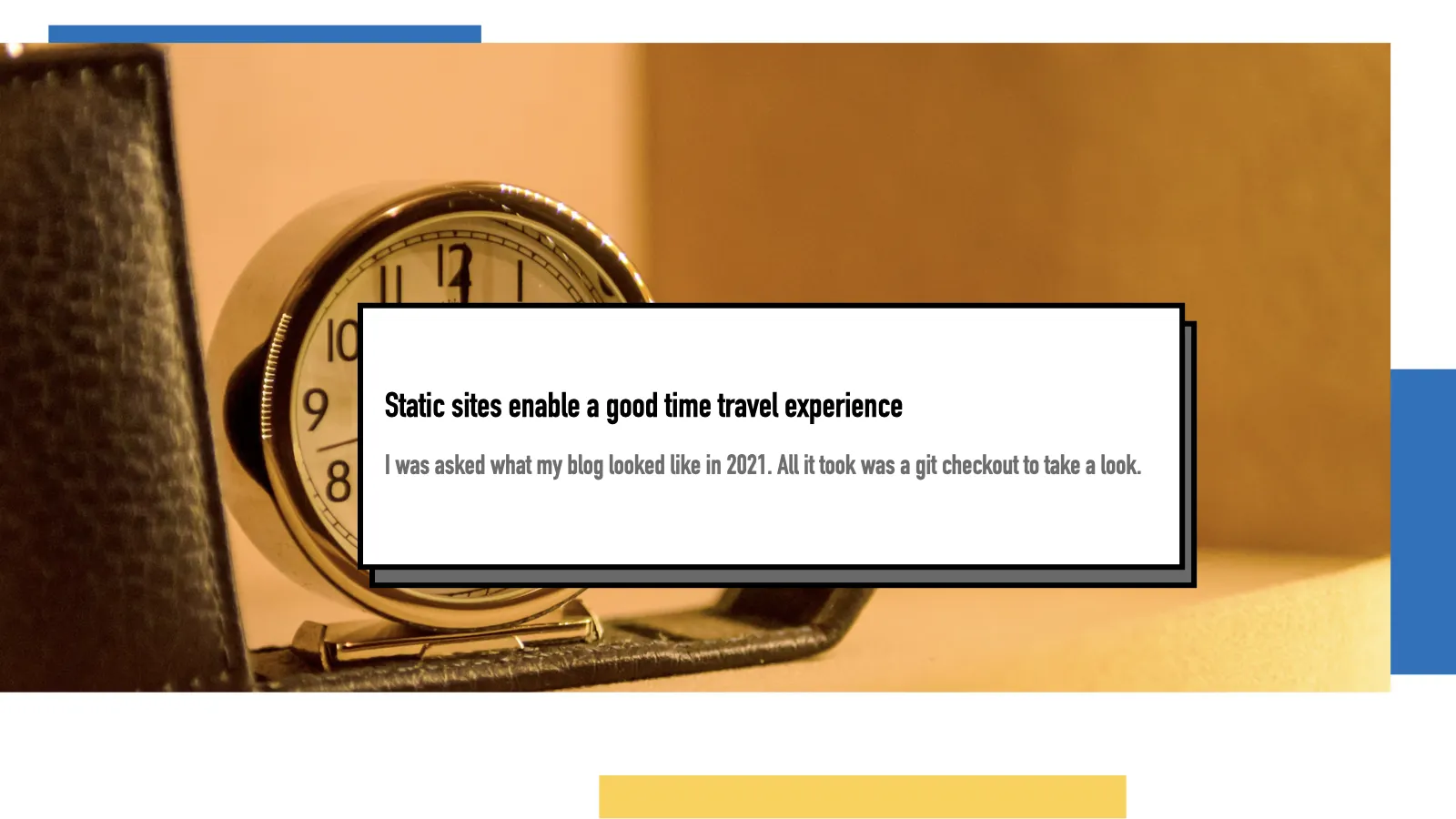
One of the things I absolutely love about RSS is that I have no control over who subscribes to reading my content, what they read, and how long they remain subscribed. You heard that right. Whether I have five loyal subscribers or five million makes no difference to me. I don’t know how many you are, and what’s more important, I don’t care. What I pay attention to is that my message comes out exactly the way I want it - I am not writing with an audience in mind, but for myself. The fact that the message often resonates with others is welcome, but it is not my intended goal. And the way RSS allows people to anonymously stay in and out of a relationship with a creator is what I love about the web.
See, RSS is pull-based. It requires an act of subscription on the side of the content consumer. This subscription is usually anonymous - all one needs to access other people’s content are a few good RSS feeds and a dedicated application to stay up-to-date on the latest content.
That last bit (also known as a “feed reader”) is another awesome thing about RSS. Because your feeds reside in a dedicated app, they don’t mess up with your daily routine. As a reader, you decide when to check them out. It gives authors like me the freedom to write, unburdened by trying to find the" right spot" to publish. I write whenever I want; you read whenever you want. Best of all, you drop off the ride whenever you want, and I don’t even notice.
Email newsletters are different. They are an implicit contract between a writer and their audience. Email addresses are also fingerprints. But setting aside the security implications of sharing one’s email address, the mere knowledge that there is someone, a real someone, on the other end of the tunnel changes the game’s rules. Suddenly, my mind starts tricking me into thinking “about the audience.” I have fallen into this trap before- publishing posts to specific segments to measure the reception, adding a few tweaks, and sending them the rest. I’ve never enjoyed that.
Emails are intrusive. They come whenever the author decides to publish, not when the audience chooses to read. This puts an additional burden on both sides. As a writer, I get to be more cautious about “invading” your time. As a reader, you feel sorry that you have to postpone my email for later until it ultimately disappears in the pile of more urgent or important messages. This relationship goes on for months, sometimes years because people get so lost in their daily email correspondence that they can’t even find the email with the unsubscription link.
That’s why this post should come to you as a plea. Whether you’ve just landed on my website for the first time or have been subscribed to it for years, think if staying committed to it will be valuable for you in the long run. Ultimately, I will be happy if my audience is happy with the raw, unaltered message I come up with, not with artificially sweetened content tailored with them in mind.
Thank you for unsubscribing!
Have something to say? Join the discussion below 👇
Want to explore instead? Fly with the time capsule 🛸
You may also find these interesting
How to Fix That Ghost Email Configuration Once and for All
Sometimes, the simple solution has been there all along. It takes you a minute to implement it and an eternity of scratching your head and looking in the wrong direction.
Static Sites Enable a Good Time Travel Experience
With static sites and git, you don’t have to pray to the SaaS gods or dig through some arcane database.
Posts About Retro Gaming From the Blogosphere
The latest blog posts on Feedle discussing retro games.
Feedle Reached the Front Page of Hacker News!
Addressing some of people’s most common questions to us.
This Site Supports h-card Microformats Now
Today, I updated this site to support IndieWeb’s h-card microformats.




